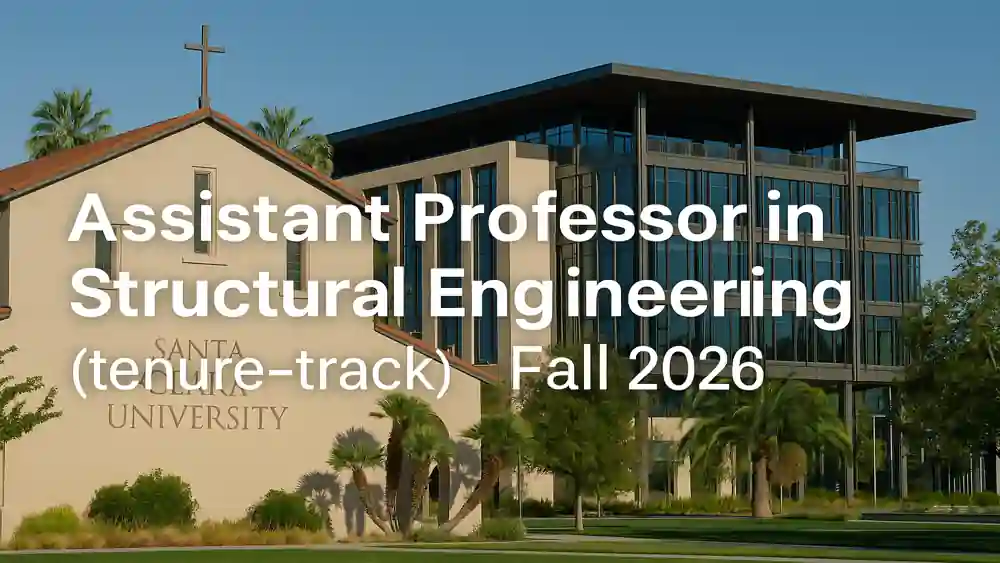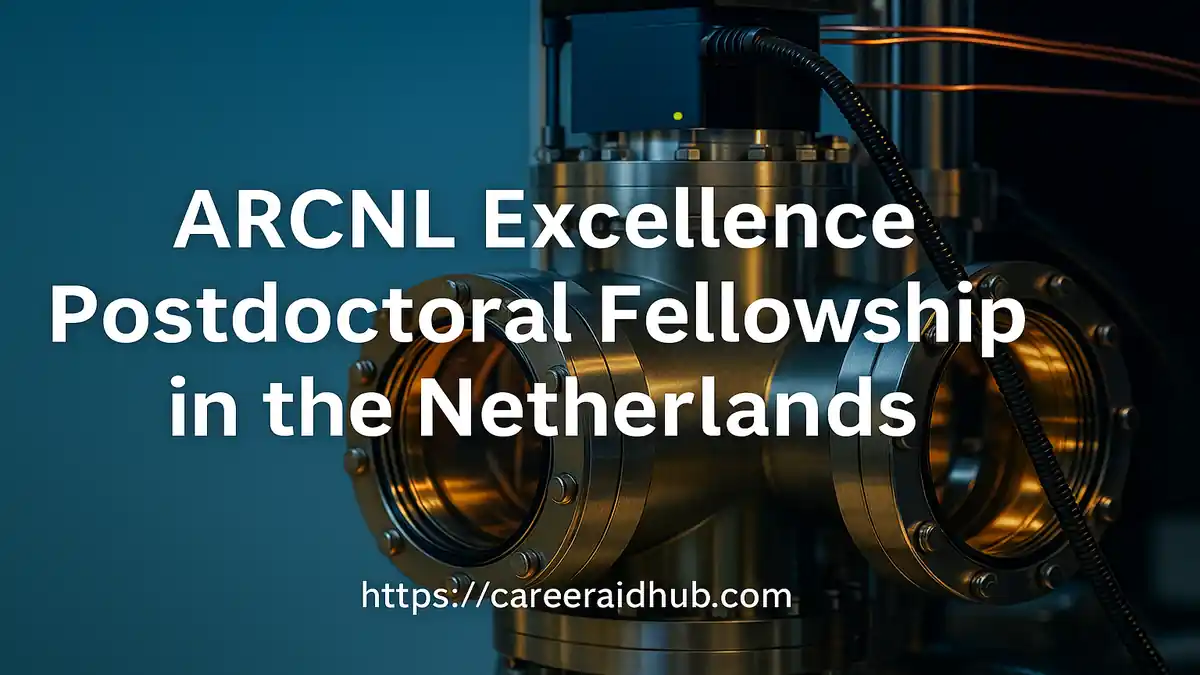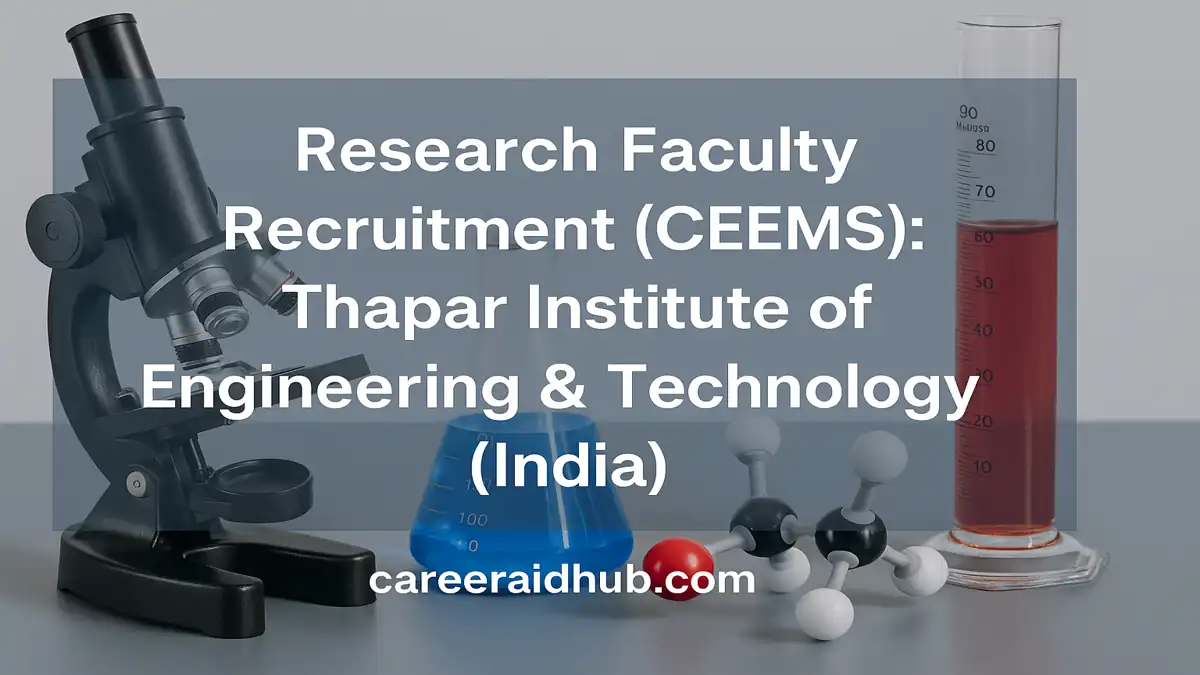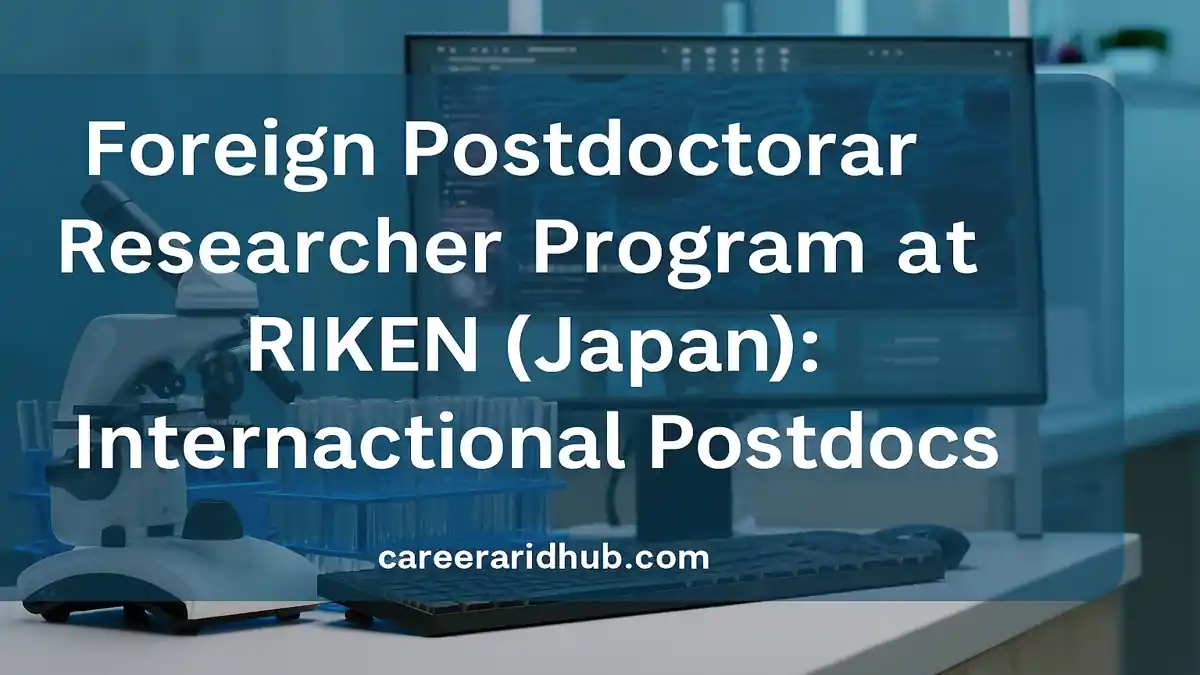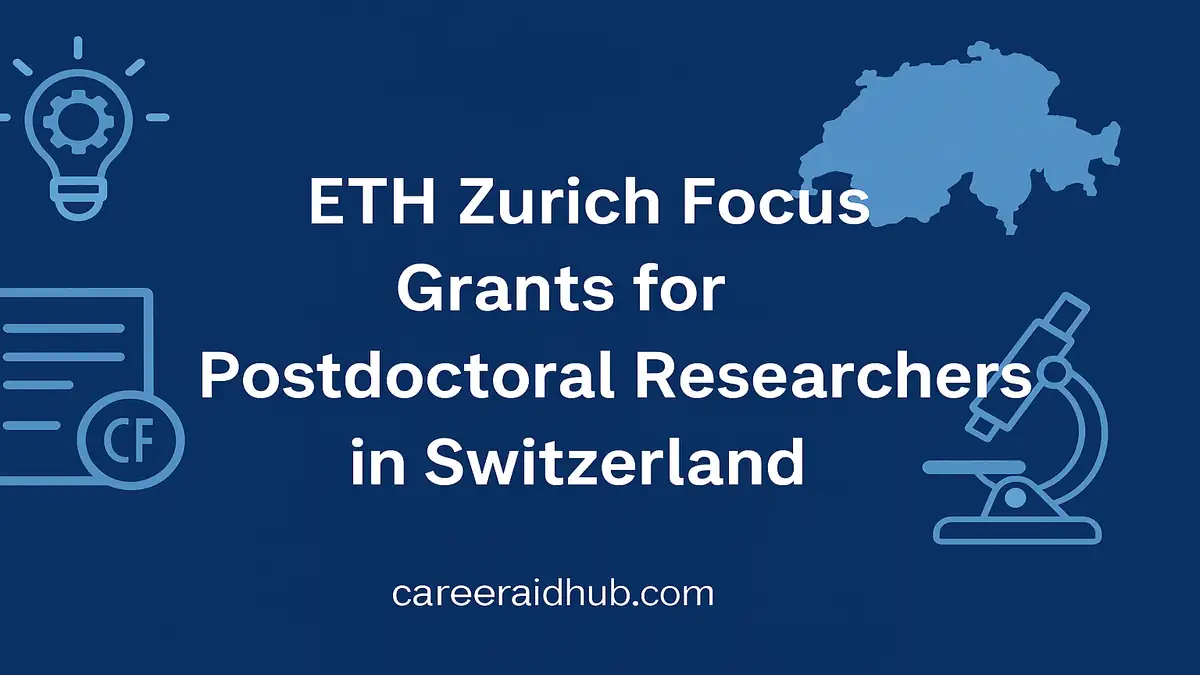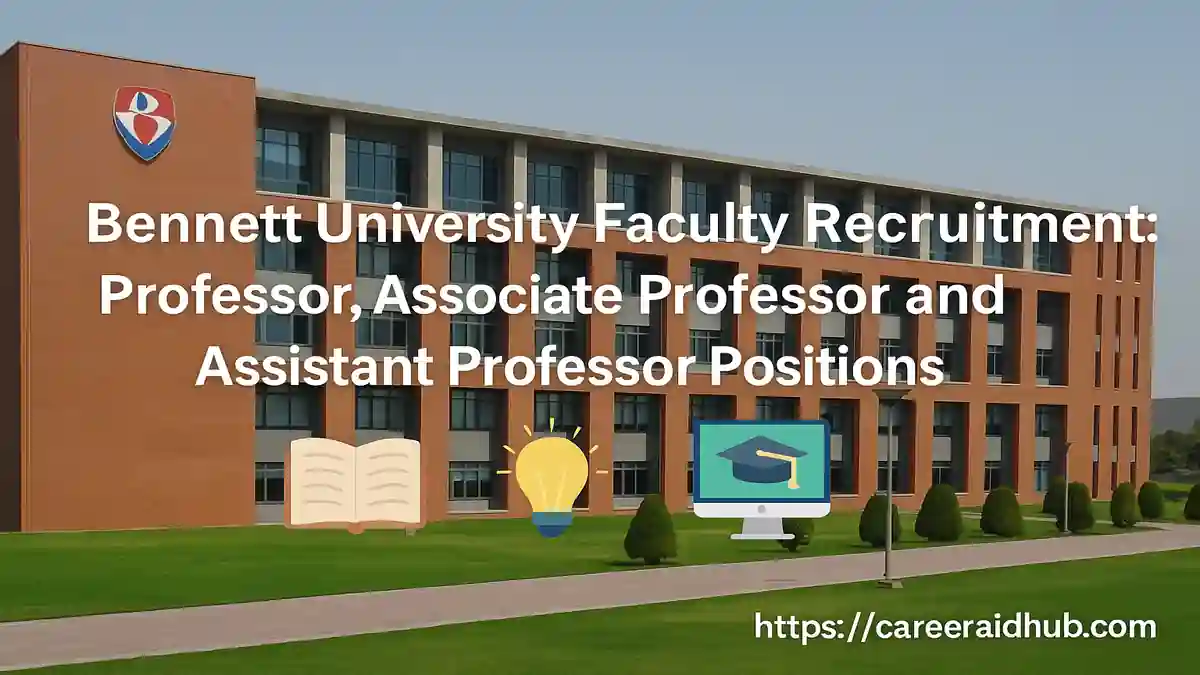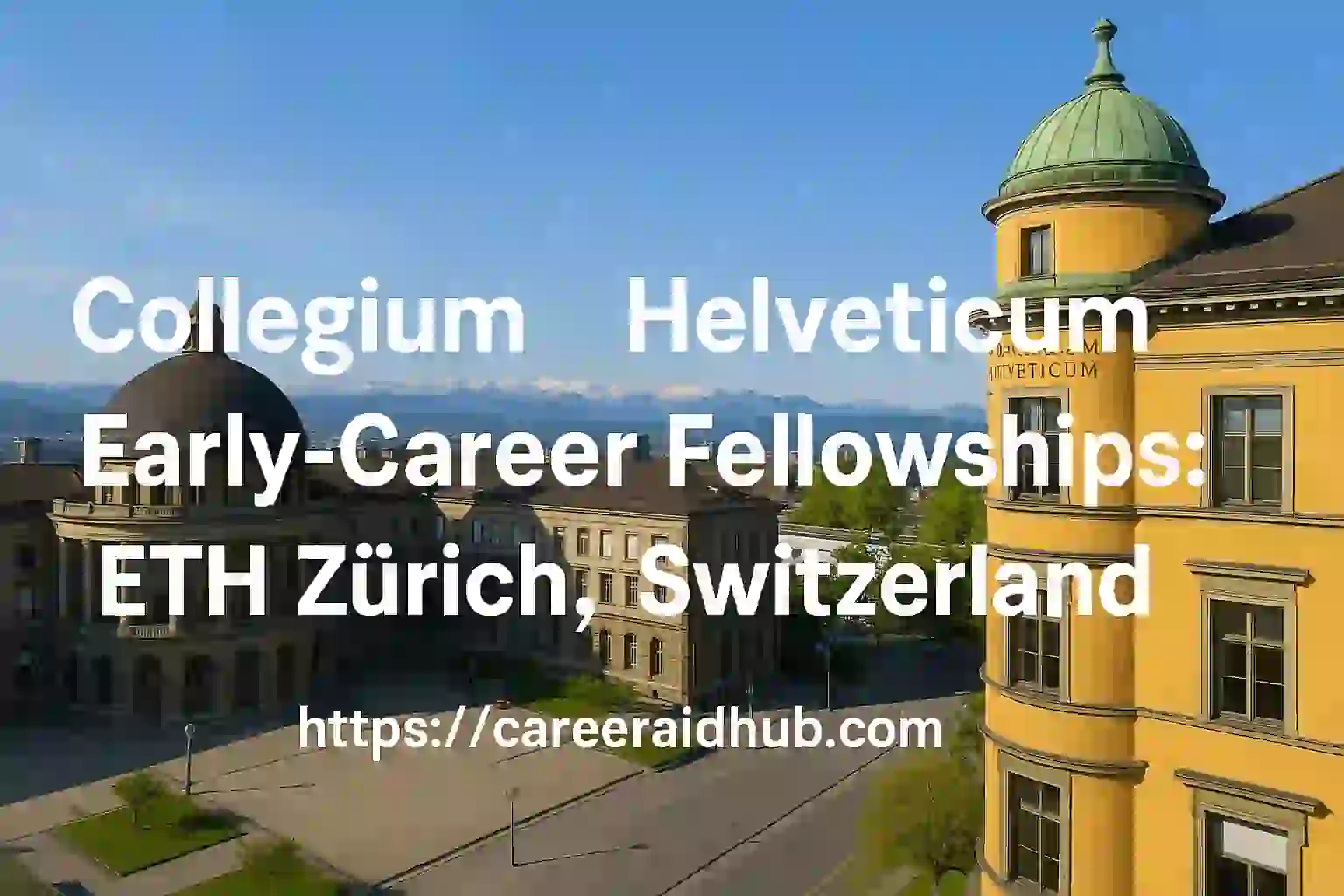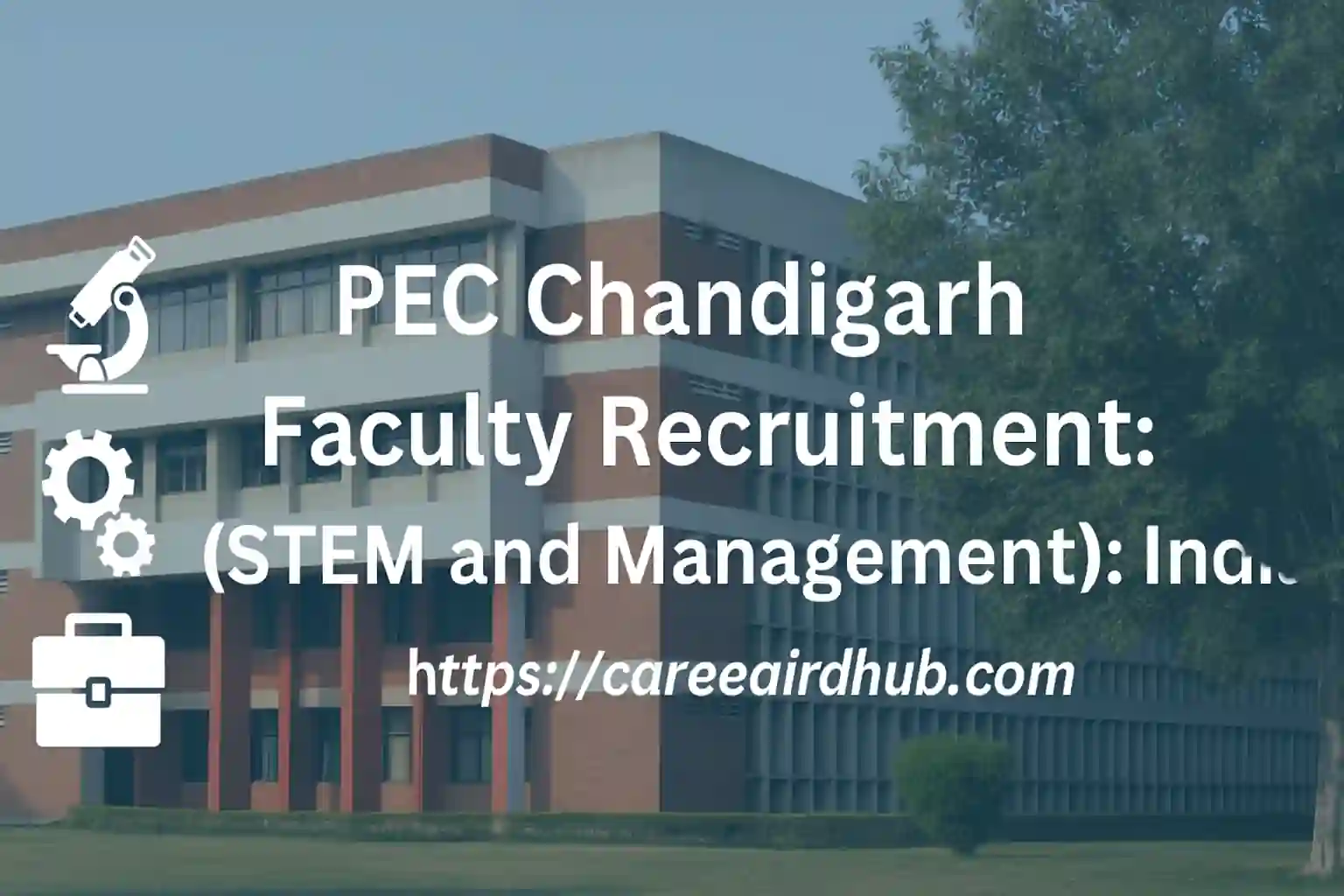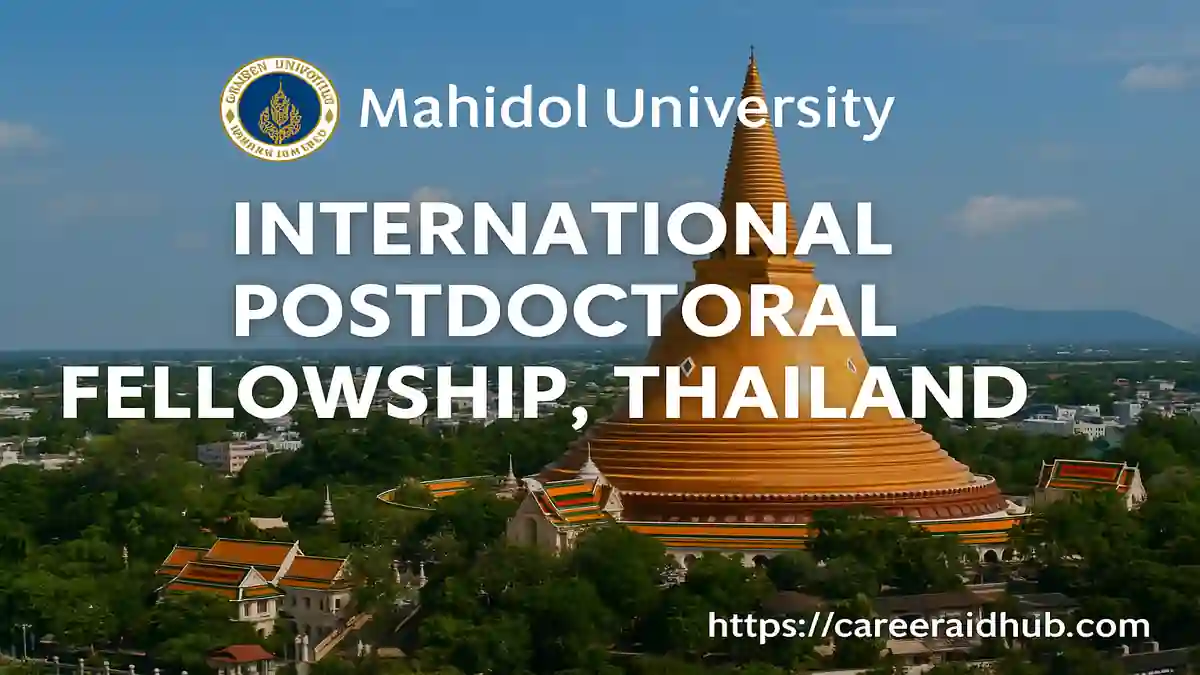Santa Clara University invites applications for a tenure-track Assistant Professor in Structural Engineering starting Fall 2026. Teach and mentor across mechanics, analysis, and design while advancing research in innovative materials and earthquake engineering within Silicon Valley’s collaborative ecosystem. Competitive salary, strong teacher-scholar support, and mission-driven impact.
Introduction
The Department of Civil, Environmental, and Sustainable Engineering (CESE) at Santa Clara University (SCU)—a Jesuit, Catholic institution in Silicon Valley—seeks a tenure-track Assistant Professor in structural engineering with strengths in innovative materials, advanced modeling, and earthquake engineering. The appointment is anticipated to begin September 2026. The successful candidate will contribute to SCU’s teacher-scholar model through excellence in teaching, research, and service, and help cultivate an inclusive environment that prepares students for leadership grounded in competence, conscience, and compassion.
Citation (Introduction): SCU Workday job page — R6775
Position Summary
This role combines high-impact teaching with a focused research agenda. Responsibilities include courses from sophomore engineering mechanics to graduate structural analysis and design, supervision of student projects, and participation in departmental, school, university, and professional service.
Location & Time Type
- Location: Santa Clara, California (Sobrato Campus for Discovery and Innovation)
- Time Type: Full-time, Regular (tenure-track)
Salary Range
- $113,443–$125,976, commensurate with experience
Department
& Campus Context
CESE Mission
CESE integrates structural engineering, sustainability, and community impact. Faculty emphasize fundamentals, modern methods, and performance-based design to address safety, resilience, and ethics in the built environment.
Facilities & Hubs
The Sobrato Campus for Discovery and Innovation (~300,000 sq ft) features advanced labs and collaborative spaces supporting project-based learning, experimental testing, and computation. Partnerships through the Miller Center for Social Entrepreneurship and the Frugal Innovation Hub enable community-engaged, globally relevant engineering.
Silicon Valley Advantage
Proximity to universities, national labs, agencies, non-profits, and industry creates opportunities for applied research, shared infrastructure, and experiential learning that strengthens student outcomes.
Teaching Responsibilities
Courses & Pedagogy
- Teach lecture and laboratory courses in structural mechanics and structural design, including earthquake engineering and performance-based design.
- As needed, teach undergraduate graphical communication or related CESE courses.
- Use inclusive, research-informed pedagogy to support diverse learners and develop communication and professional judgment.
Mentoring
- Advise students on academic planning, research involvement, and careers.
- Guide capstone teams and independent studies with clear milestones and documented outcomes.
Research Expectations
Focus & Approach
- Build an independent research program in innovative materials, advanced modeling, earthquake engineering, or performance-based design, appropriate to an undergraduate-focused university.
- Balance experimental, analytical, and computational methods with robust student mentorship.
Output & Support
- Publish in peer-reviewed venues, present at conferences, and pursue collaborations and external support that sustain student research experiences and advance departmental strengths.
Service Commitments
- Contribute to department, school, university, community, and profession through committees, outreach, accreditation, and society engagement.
- Advance diversity, equity, inclusion, and belonging across curricula, research, and student support.
Minimum Qualifications
- Ph.D. in Civil/Structural Engineering (or closely related field) by the start date
- Demonstrated excellence in teaching at the undergraduate and graduate levels
- Potential for impactful scholarship in structural engineering
- Commitment to collaboration and engagement with a diverse community
Preferred Qualifications
- Evidence of effective teaching with clear outcomes and assessment
- Emerging record of publications, presentations, or funded projects
- Experience with community-engaged learning, industry collaboration, or interdisciplinary initiatives
- Interests spanning sustainable infrastructure, seismic resilience, smart materials, and computational modeling
Workload & Support
Teaching Load
- Standard load: 7 courses across three 10-week quarters
- 1-course reduction supports research; an additional reduction is envisioned to develop a Sustainable Engineering initiative
Scholarly Support
- Sabbaticals, travel funds, and housing assistance help sustain scholarship and ease relocation
- Mentoring within CESE and across campus acceleratescollaboration and onboarding
Telecommute: SCU is registered to do business in California, Nevada, Oregon, Washington, Arizona, and Illinois. Approved telecommuting must occur within one of these states.
Application Instructions (Workday — Req ID R6775)
Apply via SCU’s electronic system and upload the following (PDFs preferred):
- Curriculum Vitae
- Graduate Transcripts (unofficial acceptable initially)
- Research Plan including student mentoring
- Teaching Philosophy/Experience Statement
- Community Engagement Statement (past, present, planned contributions)
- Contact Information for Three References
- Sample Syllabi and Teaching Evaluations, if available
Application Portal: SCU Workday — Job R6775
Current Cycle
- Anticipated Start: September 2026
- Review Begins: November 2025
- Priority Consideration: December 2025
- Status: Open until filled
Next Cycle (month/year; will update soon)
Typical timing suggests the Fall 2027 cycle may open around November 2026, with priority consideration in December 2026. We will update soon.
Equal Opportunity, Clery, and ADA
Equal Opportunity / Notice of Nondiscrimination
Santa Clara University is an equal opportunity employer. All qualified applicants receive consideration without regard to protected characteristics. See the Office of Equal Opportunity and Title IX for full policies.
Clery Notice
In accordance with the Jeanne Clery Act, SCU publishes annual
ADA
SCU provides reasonable accommodations for applicants and employees with disabilities. For application or hiring accommodations, contact [email protected] or (408) 554-5750.
Mission & Impact
This position advances SCU’s commitment to educating engineers who serve the greater good. By integrating innovative materials, advanced modeling, and earthquake engineering, the faculty member will prepare students to design resilient, sustainable structures and apply performance-based methods to reduce risk. Partnerships via the Miller Center and Frugal Innovation Hub expand humanitarian and community-focused opportunities.
Career Development & Collaboration
Regional Partnerships
Engage Silicon Valley partners for sponsored projects, guest lectures, and internships that connect coursework to professional practice.
Professional Societies
Participate in ASCE/SEI, EERI, and regional associations (e.g., SEAONC) to contribute to standards, disseminate findings, and build networks.
Internal & External Links (Suggested)
- Internal:
- Civil & Structural Faculty Jobs (hub)
- Writing a Research Statement (guide)
- Tenure-Track Interview Preparation (resource)
- External (authoritative):
- ASCE/SEI resources on performance-based structural design
- EERI resources on earthquake engineering practice
(Add final URLs during CMS publishing; prioritize reputable .edu/.gov/.org sources.)
Review & Update Schedule
Review every 6 months or when salary, dates, teaching load, telecommute policy, or program initiatives change. Refresh links, confirm timelines, and update examples or statistics to maintain accuracy and SEO strength.
Conclusion
The Assistant Professor in Structural Engineering at Santa Clara University offers a mission-aligned path for a teacher-scholar committed to impactful instruction and research. With modern facilities, strong partnerships, and a student-centered culture, SCU provides the platform to educate, innovate, and serve—while advancing resilient and sustainable infrastructure.
Citation (Conclusion): SCU Office of Equal Opportunity and Title IX
References (Official URLs Only)
- https://wd1.myworkdaysite.com/en-US/recruiting/scu/scu/job/Santa-Clara%2C-CA/Assistant-Professor-in-Structural-Engineering_R6775/apply/applyManually
- https://www.scu.edu/title-ix/
Feature Table
| Feature | Details |
|---|---|
| Program Name | Assistant Professor in Structural Engineering (Tenure-Track) |
| Host Country / Region | United States — Santa Clara, California |
| Funded By | Santa Clara University (School of Engineering, CESE) |
| Duration | Tenure-track (ongoing appointment) |
| Study Mode | Full-time, on campus (telecommute eligibility in registered states) |
| Eligibility | Ph.D. in Civil/Structural Engineering (or related) by start; commitment to teaching, research, and DEI |
| Financial Support | $113,443–$125,976 salary range; scholarship support; course reductions; housing assistance |
| Fields of Study | Structural engineering, innovative materials, advanced modeling, earthquake engineering, performance-based design |
| Application Deadline | Review begins November 2025; priority December 2025; open until filled |
| Official Website | SCU Workday (Req ID R6775) — application portal |
“Program Card” (Alternate Summary)
Program: Assistant Professor in Structural Engineering
Location: Santa Clara, CA, USA
Duration: Tenure-track
Mode: Full-time
Eligibility: Ph.D. by start; excellence in teaching and research; DEI commitment
Support: $113,443–$125,976; research support; housing assistance
Fields: Structural, Earthquake, Performance-Based Design
Deadline: Review from Nov 2025; priority Dec 2025; open until filled
Official Site: SCU Workday — R6775
Premium Mentorship for a Stronger Application
- Premium Mentorship: personalised 1:1 guidance for this and similar opportunities
- In-depth review of your CV, academic profile, and key statements
- Aligned with international selection criteria so your profile matches what panels expect
- Stronger, more compelling narrative for highly competitive calls
- Step-by-step support from opportunity mapping to final submission (fee-based)

